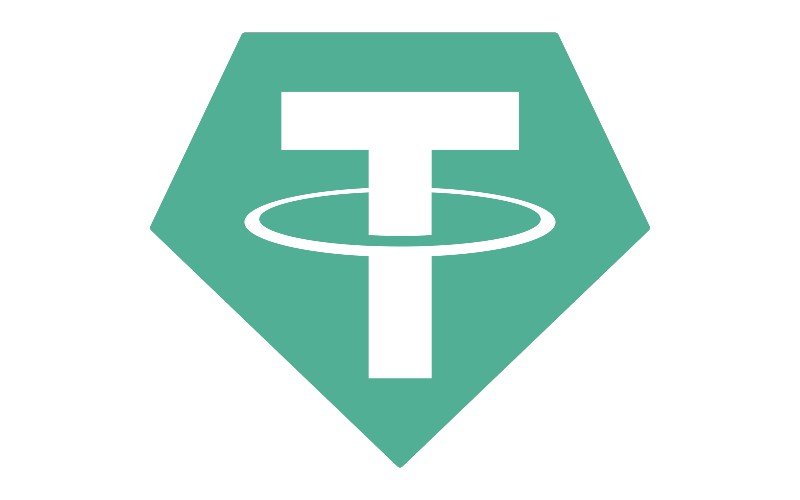The original, most valuable and well-known stablecoin – or cryptocurrency whose price is tied to an outside asset. USDT is claimed to be pegged to the value of the US dollar.
Mission
Launched in July 2014 as Realcoin, the controversial crypto was built on the Bitcoin blockchain via the Omni platform. It now also works upon the Ethereum, EOS, Tron, Algorand and OMG blockchains.
Its stated mission is to combine the decentralised freedom of cryptocurrencies with the stability of traditional fiat currency. This protects USDT from the volatile fluctuations in price common amongst other major digital tokens, allowing it to be used as a medium of exchange and storage of value.
Use-cases
In effect, USDT serves as a place where crypto investors can shelter from the extreme volatility of other cryptocurrencies. Trading Bitcoin or another crypto for Tether is faster and cheaper than cashing out into dollars or another fiat currency and allows them to maintain value within the crypto market.
A private company based in Hong Kong, Tether has been the subject of a number of controversies, with concerns raised about the fact that its reserves have never been fully audited by an independent third party. Questions have also been raised about its parent company iFinex, the operator of cryptocurrency exchange Bitfinex.
Founders
Entrepreneur Brock Pierce has co-founded several high-profile projects in the crypto and entertainment industries, including venture capital firm Blockchain Capital and Block.one, the company behind cryptocurrency EOS.
Former Tether CEO Reeve Collins co-founded online ad network Traffic Marketplace, entertainment studio RedLever, gambling website Pala Interactive and AdTech SmartMedia Technologies.
Craig Sellars, a member of the Omni Foundation, has worked within crypto companies Bitfinex, Factom, Synereo and the MaidSafe Foundation.
Economics
Tether mirrors the price of the US dollar, with one USDT token worth approximately the same as $1. Its cryptocoins in circulation are backed by an equivalent amount of fiat currencies – such as the dollar, the euro or the Japanese yen, which are held in a designated bank account – or other real-world assets.
